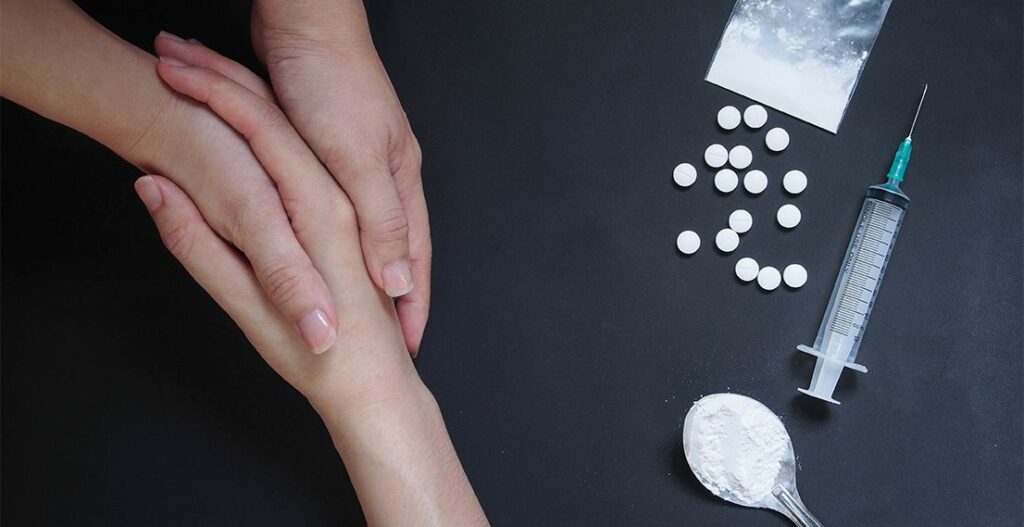[[data.name.value]]
[[metadata.defaultData.name]]
[[data.title.value]],
[[metadata.defaultData.title]],
[[data.company.value]]
[[metadata.defaultData.company]]

How to Overcome Drug Addiction
Drug addiction is a complex and difficult problem that affects several millions of people all over the world. It takes a toll on physical and mental health, strains relationships, and hinders personal growth. However, with determination, support, and a comprehensive approach, it is possible to break free from the grip of addiction. This article helps in providing insights into the steps involved in overcoming drug addiction and embarking on a path of recovery.

Identify the Problem:
The first step in overcoming drug addiction is recognizing that a problem exists. This requires honesty and self-reflection. Admitting the addiction and accepting responsibility empowers individuals to take control of their lives and make positive changes.
Seek Help from Professionals:
Recovering from drug addiction often requires professional assistance. Speak with medical personnel, addiction specialists, or rehabilitation centers that specialize in substance abuse treatment. Modern Recovery is a popular drug rehab in Phoenix, who is an expert in providing guidance, support, and personalized treatment plans tailored to individual needs.
Build a Support System:
Surrounding yourself with a strong support system is important for recovery. Seek the support of family, friends, and support groups. Sharing experiences, difficulties, and triumphs with people who understand the journey helps foster a sense of belonging and provides encouragement during difficult times.
Create a Structured Routine:
Creating a structured routine can help in establishing a sense of stability and purpose. Structure our day by incorporating healthy habits such as regular exercising, proper sleep, and nutritious meals. Engaging in several activities that promote physical and mental well-being, such as hobbies, meditation, or therapy can provide healthy outlets for stress and cravings.
Recognize Triggers and Develop Coping Strategies:
Identify triggers such as people, places, or situations that tempt drug use and make sure to develop strategies to cope with them effectively. This may involve avoiding certain environments, establishing boundaries with negative influences, or practicing relaxation techniques in order to manage cravings and stress.
Replace Negative Habits with Positive Ones:
Replace destructive behaviors associated with drug addiction with positive habits. Take part in activities that bring joy, fulfillment, and a sense of accomplishment. Pursue hobbies, explore new interests, and set goals that align with personal aspirations. This redirection of focus helps in rewiring the brain’s reward system and builds a life free from addiction.
Practice Self-Care and Emotional Well-being:
Prioritize self-care and emotional well-being as integral parts of the recovery process. Engage in activities that promote self-esteem, such as self-reflection, journaling, or engaging in therapy. Develop good coping strategies for stress and unpleasant emotions, surround yourself with supportive people, and practice forgiveness.
Conclusion:
Overcoming drug addiction requires determination, perseverance, and a comprehensive approach. People can begin a transforming path toward recovery by admitting the issue, getting professional assistance, establishing a support network, and making healthy lifestyle adjustments. Always keep in mind that recovery is possible and with the right tools, support, and mindset, a fulfilling and drug-free life can be easily achievable.
Read more
Read less
[[ metadata.translations.contactme ]]